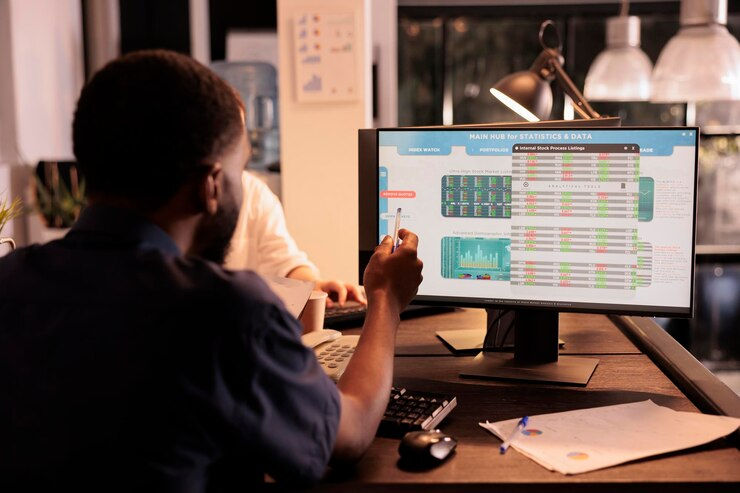IoT and Smart Water Management: Addressing Global Water Challenges
- Web Services- Pearl Organisation

- Dec 25, 2024
- 3 min read

Water scarcity and inefficient water management are a pressing global issue. The growth in
population, urbanisation, and climate change have increased the need for sustainable water
usage. IoT brings innovative solutions to overcome such challenges by introducing smart water
management systems. By interconnecting devices, sensors, and analytics platforms, IoT allows
efficient water usage, minimises wastage, and ensures equitable distribution. how IoT is
transforming water management:
1. Real-Time Monitoring of Water

IoT sensors are able to give live information about water levels, quality, and usage behaviour.
This information allows governments and individuals to monitor their water systems and identify
problems like contamination or leaks right away.
2. Intelligent Irrigation Systems

The use of weather forecasts, moisture in the soil, and water requirements of crops has helped
IoT-enabled irrigation systems optimize water usage for agriculture. These systems guarantee
plants get enough water but without over-irrigation, thus saving on resources and increasing
productivity.
3. Leak Detection and Prevention
IoT devices carrying leak detection features detect early leakage within pipelines or plumbing
systems. Thus, through this, water utilities will be able to conserve water amounts and also the
repair cost.
4. Smart Water Distribution

Smart IoT-powered water grids manage distribution efficiently. The analysis of usage data can
balance supply and demand for utilities and ensure equitable water availability between urban
and rural areas.
5. Flood Control and Prevention
IoT devices monitor rainfall, river levels, and drainage systems to predict and manage floods.
Real-time alerts and data-driven insights enable authorities to take preventive measures,
safeguarding lives and property.
6. Enhanced Water Quality Monitoring

IoT-based water quality sensors continuously test parameters like pH levels, turbidity, and
contamination. These systems help ensure that water for drinking and agriculture meets safety
standards, protecting public health.
7. Smart Water Meters for Consumers
IoT-enabled water meters provide detailed insights into household or business water usage.
These smart meters empower consumers to track and reduce water consumption, leading to
cost savings and sustainability.
8. Data-Driven Decision Making

IoT generates vast amounts of data on water systems, enabling data-driven decision-making.
Utilities and governments can analyze trends, predict future water needs, and create effective
policies for sustainable management.
9. Integration with Renewable Energy
IoT merges water management systems with renewable sources of energy, like pumps powered
by solar or wind turbines. This minimizes the carbon footprint of the water infrastructure while
keeping operational efficiency high.
10. Promoting Water Conservation

IoT technologies raise awareness of water conservation. Real-time data and insights about
consumption through smart apps and dashboards educate users about their behaviour and
encourage change in behaviours.
11. Improving Urban Water Infrastructure

Smart IoT devices transform the existing urban water systems with higher-pressure water, lower
downtime occurrences, and efficient use of resources. The technology gives cities the potential
to become more resilient and sustainable within their water infrastructure.
12. Overcoming Global Water Inequality
IoT solutions allow better management of shared water resources among regions. By
monitoring the use of water and availability, these IoT solutions will provide proper distribution,
especially for communities facing water scarcity.
Conclusion
IoT is playing a pivotal role in the management of global water challenges by introducing
smarter, more efficient water management systems. From conserving resources to ensuring
equitable distribution and improving quality, IoT offers scalable and impactful solutions. As the
technology evolves, its potential to transform water management and support global
sustainability goals continues to grow. Embracing IoT in water management is not just an
option—it's a necessity for a sustainable future.
.png)







Comments